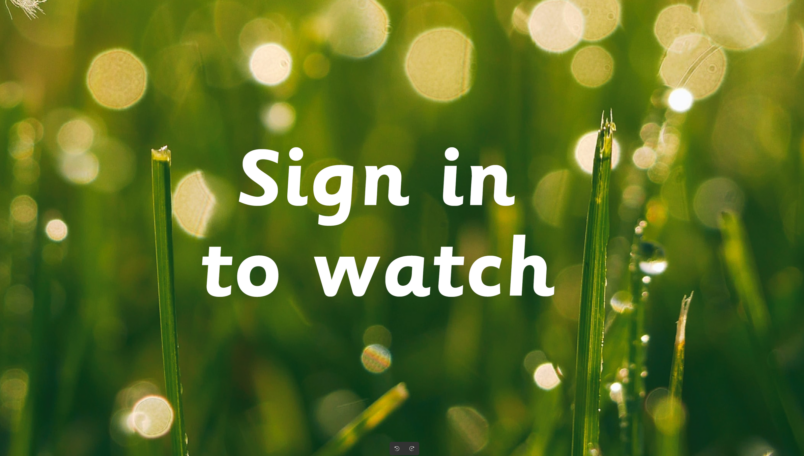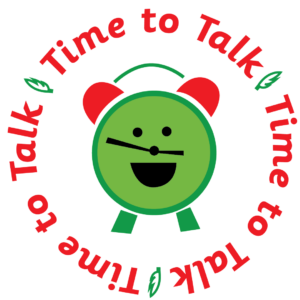Morning Starters: Spring 2 - Plastic Planet
Did You Know?
Seabirds, such as albatrosses, often eat plastic pieces because they think it is food. Eating plastic can lead to starvation and exposure to harmful chemicals, causing problems like malnutrition, death and issues with reproduction. Nearly 90% of seabirds are affected by this problem. To help protect these birds and other marine life, it is important to reduce plastic production, improve waste management and raise public awareness about the dangers of plastic pollution.

Word Challenge
Make a list of words that end in the suffix ‘-tion’ and relate to the ‘plastic problem’ in some way.
Hint: You can find some of these words in the ‘Did you know?’ paragraph.
Grammar Challenge
Number Challenge
A team of scientists examined 1,746 seabirds and found that half of them had swallowed plastic. Of these, one quarter had swallowed plastic bags.
How many seabirds had swallowed plastic bags?
Hint: Think carefully about what you will need to do with your answer.
Critical Thinking
“A world without plastic would be a much better place.”
Do you agree with this statement? Why do you think this?

 Sign in
Sign in

